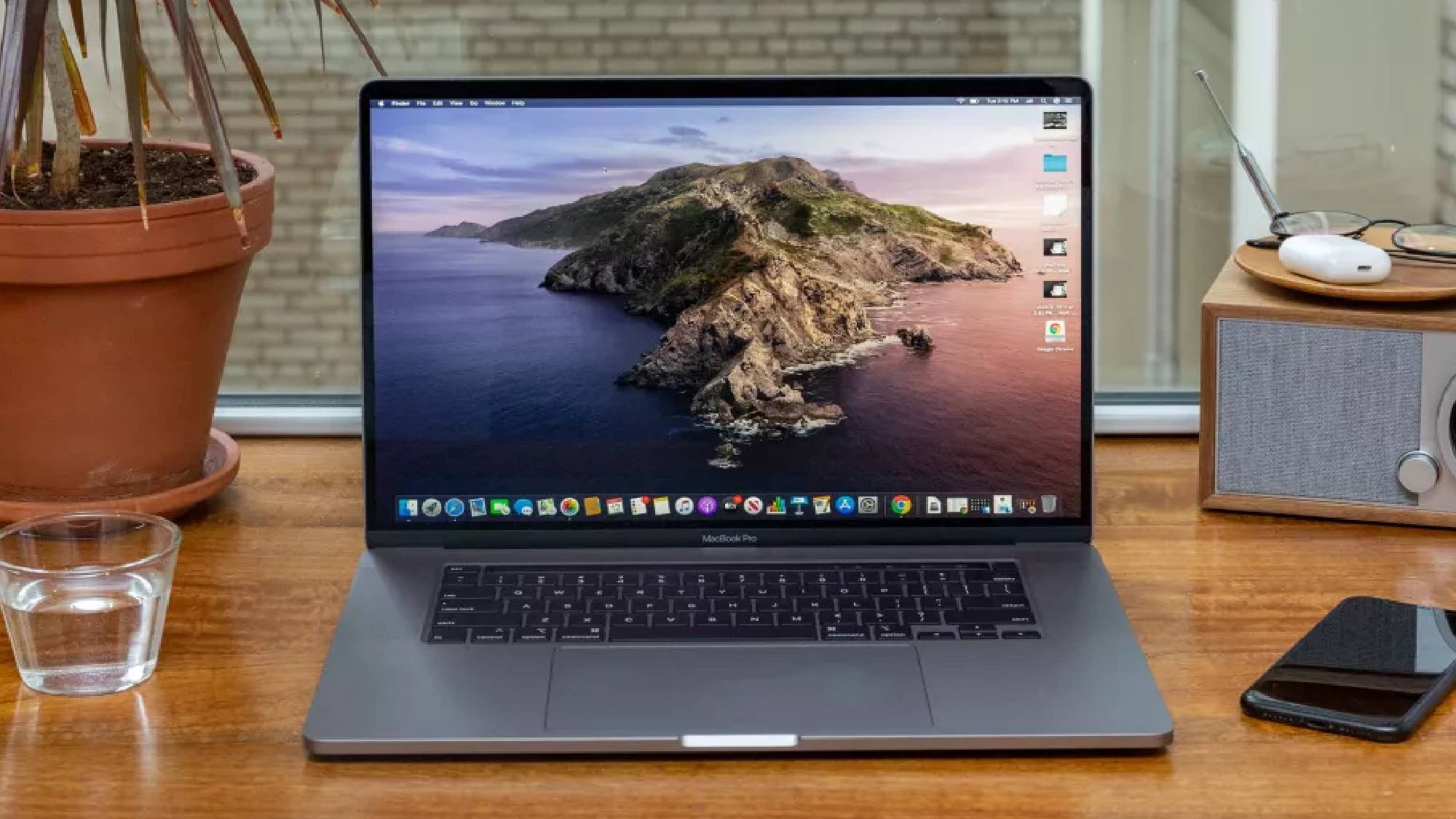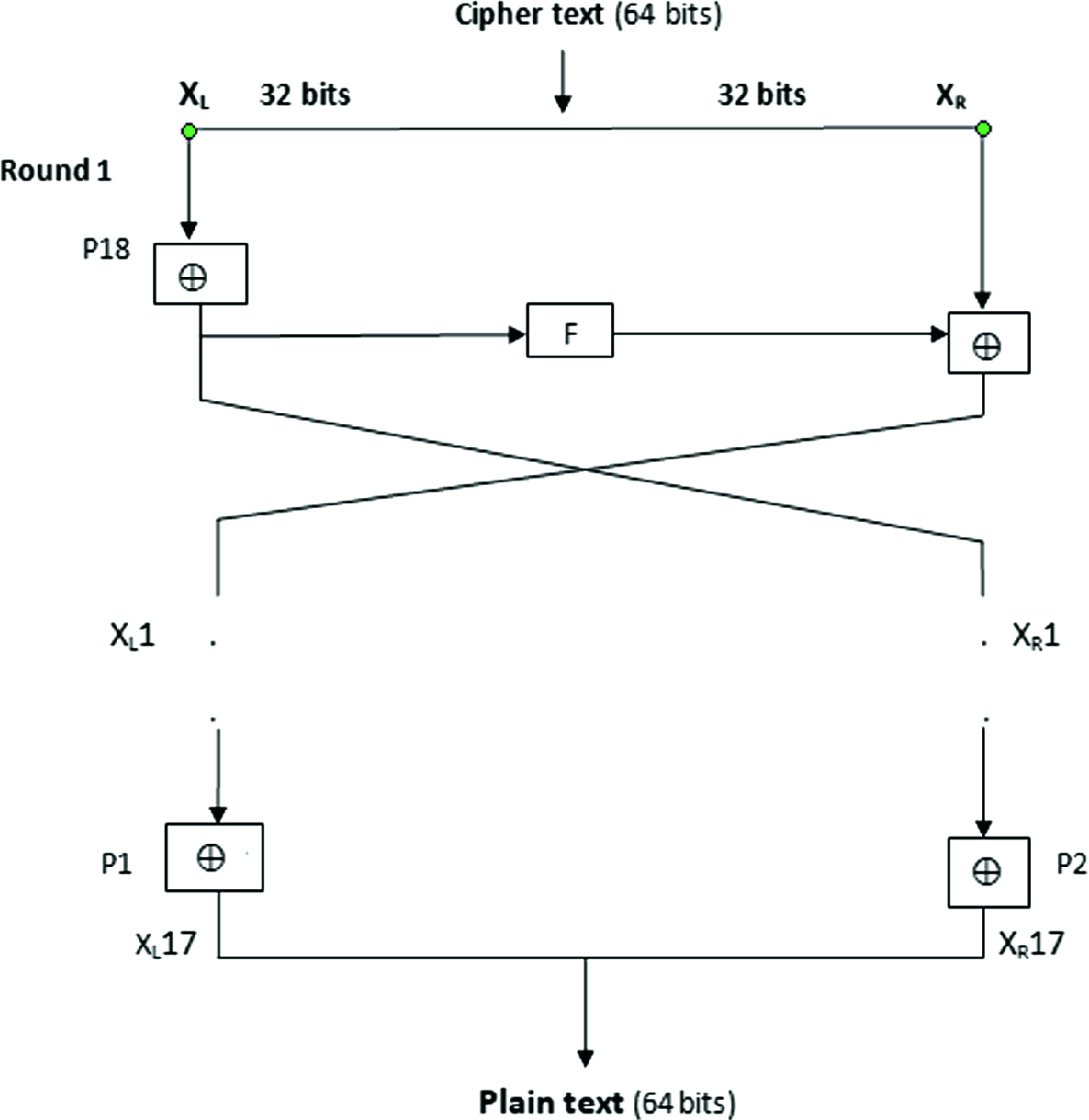

This mechanism fails if there is no competition, or if rival companies choose not to compete on a particular feature. When markets work well, different companies compete on price and features, and society collectively rewards better products by purchasing them. The bigger question is: why do we allow for-profit corporations to create our technological future in ways that are optimized for their profits and anathema to our own interests? Despite dwindling revenues, increasing use of ad blockers, and increases in clickfraud, violating our privacy is still a profitable business - especially if it’s done in secret. Of course the telecom companies want a piece of the surveillance capitalism pie. Imagine what an Internet service provider can do with the data it collects: against politicians, against the media, against rivals. Uber has already considered using data it collects to intimidate a journalist. Even Sony once installed spyware on customers’ computers to try and detect if they copied music files.Īside from spying for profit, companies can spy for other purposes. Uber used its ride data to identify one-night stands. Facebook has run experiments in manipulating your mood by changing what you see on your news feed. Your cellular provider already tracks your physical location at all times: it knows where you live, where you work, when you go to sleep at night, when you wake up in the morning, and - because everyone has a smartphone - who you spend time with and who you sleep with.Īnd some of the things these companies do with that power is no less creepy. Google already knows our hopes, fears, and interests, because that’s what we search for. Your e-mail provider already knows everything you write to your family, friends, and colleagues. Surveillance is already the business model of the Internet, and literally hundreds of companies spy on your Internet activity against your interests and for their own profit. Telecom companies have argued that other Internet players already have these creepy powers - although they didn’t use the word “creepy” - so why should they not have them as well? It’s a valid point. And all of that data will be at risk of hacking, either by criminals and other governments. And, of course, governments worldwide will have access to these powers. And now they’ll be able to do all of these things in secret, without your knowledge or consent. They’re all things Internet service providers have done before, and they are some of the reasons the FCC tried to protect your privacy in the first place.
ENCRUSTED SECURITY FOR INTERNET OF THINGS USING MAC OMURA INSTALL
They can install surveillance software on your computers and phones. They can redirect your searches to other sites. They can deploy systems that remove encryption so they can better eavesdrop.

They can snoop through your traffic and insert their own ads. But they can do more creepy things as well. What can telecom companies do with this newly granted power to spy on everything you’re doing? Of course they can sell your data to marketers - and the inevitable criminals and foreign governments who also line up to buy it. If you have a choice between two high-speed providers in the US, consider yourself lucky. And there’s not a lot of competition in the market, either. Unlike a search engine or social networking platform or news site, you can’t easily switch to a competitor. Because your Internet service provider controls your connection to the Internet, it is in a position to see everything you do on the Internet. There are a lot of reasons to be worried about this. That this is not provoking greater outcry illustrates how much we’ve ceded any willingness to shape our technological future to for-profit companies and are allowing them to do it for us. Not only have they voted to repeal a rule that protects your privacy, they are also trying to make it illegal for the Federal Communications Commission to enact other rules to protect your privacy online. This week, lawmakers voted to allow Internet service providers to violate your privacy for their own profit. That’s what will probably happen if Congress has its way. Now imagine if the likes of Time Warner, AT&T, and Verizon collected all of your browsing history and sold it on to the highest bidder.

Think about all of the websites you visit every day. Congress Removes FCC Privacy Protections on Your Internet Usage


 0 kommentar(er)
0 kommentar(er)
